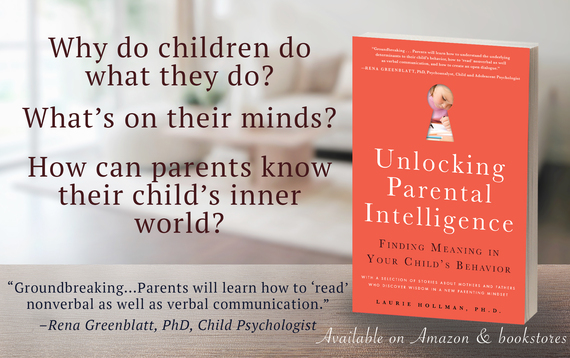Don't you hate the word, nagging? It always seems to me that it's used against women, but not against men. Even when very independent women who do most things for themselves ask for help with something they don't know how to do, if a man is asked and he says yes, but doesn't do it on the woman's time line, she asks again. As soon as she does, he says, "Stop nagging!" She might be very patient and understanding and isn't pushing him to do it then, but she hears that awful word and feels angry. After all, asking more than once isn't a crime!
If the roles were reversed and the man asked the woman to help with something, besides the fact, she'd probably do it right away, if she was busy and got delayed and he asked again, I can't imagine her saying, "Stop nagging me!" She'd probably apologize (Oh my goodness, we're so nice!) and get to it promptly.
So what is it with this word and why do some men (I admit, not all), have it slip out of their mouths so easily? Often these men really love you and wouldn't say it to a female friend or acquaintance who asked for help. They certainly wouldn't say it to another man.
Even boys, especially teenagers, pick up on the language from their fathers and tell their mothers to stop nagging them about cleaning their room or doing some chore which is just part of being in a community called a family. We must stop these boys before they become men and say the word to some wonderful woman.
Wiikipedia defines nagging as "repetitious behaviour in the form of pestering, hectoring, or otherwise continuously urging an individual to complete previously discussed requests or act on advice." But it's often used much more grudgingly than that. Often the woman isn't pestering or hectoring, but just politely asking a second time. That of course is another question for another post: Why are women so often so polite??
Women today need to be assertive, even aggressive sometimes. Even in 2016 they are often faulted for this forthright behavior unlike men who are considered "wimps" for not being so direct. (That's gender biased, too, of course.) It seems tangentially related to women getting paid less in the work place than men and getting less promotions, bearing a greater amount of responsibility for the household, and other 'womanly' chores we thought had vanished decades ago.
So what can we do about the word, nagging? Protesting vigorously when it's used only leads to more instances of some kind of validation that indeed the woman is nagging. Now she's nagging about nagging.
How about a serious conversation with the man that it's gender-biased and it needs to be halted? I'm not sure how that would go. Seems that could be called nagging, gentle persuasion, or maybe, just maybe, taken seriously. Let's give it a try. I'm hopeful, because many men who use the term don't consider themselves gender-biased. So let's enlighten them. Comment on what happens.

